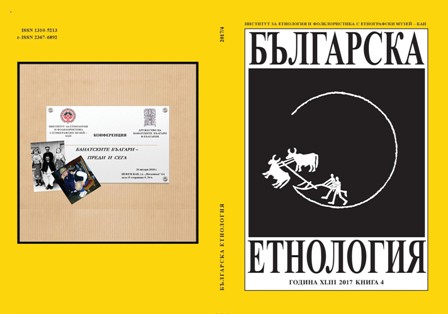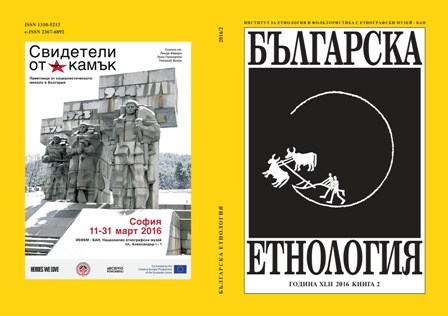
We kindly inform you that, as long as the subject affiliation of our 300.000+ articles is in progress, you might get unsufficient or no results on your third level or second level search. In this case, please broaden your search criteria.

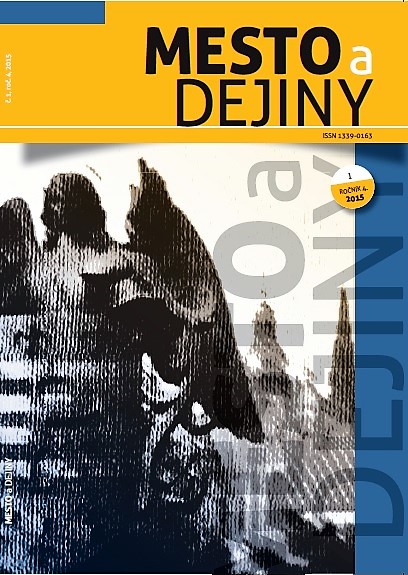
There are testaments from the 16th century preserved in Kremnica state archive. They are written in Latin, German and in one sample also in Slovak language. Last wills prepared a man for a death in spiritual and secular (division of property) way. Testaments eliminated conflict between secular property and desire for an eternal life. Formally testaments consist of several parts – invocation, intitulation, profession of faith, passages about human mortality, composing of the last will and redress of sins, heritages of property, confirmation, corroborating and date formulas. The content of the testaments is an important historical source for economic, law, culture, regional history and also history of material culture and everyday life.
More...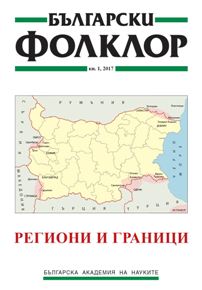
The article investigates Dobrudzha (in the political boundaries of Bulgaria and Romania) – a zone of interpenetration of identities and cultural practices among the population as a result of its long co-habitation within the Ottoman Empire on the Black sea shores and on the banks of the lower Danube River. The author uses a syncretic approach, including observation in situ allowing both for the pointing out of the “internal” multiplicity of practices connected to one or more denominations, as well as for the outlining of ‘trans-confessional’ and the ‘trans-ethnic’ similarities – healing practices, contacts with trees, stones and springs as the intermediaries of the divine. The aim is to investigate some details, as well as to reveal common places and diversity.
More...
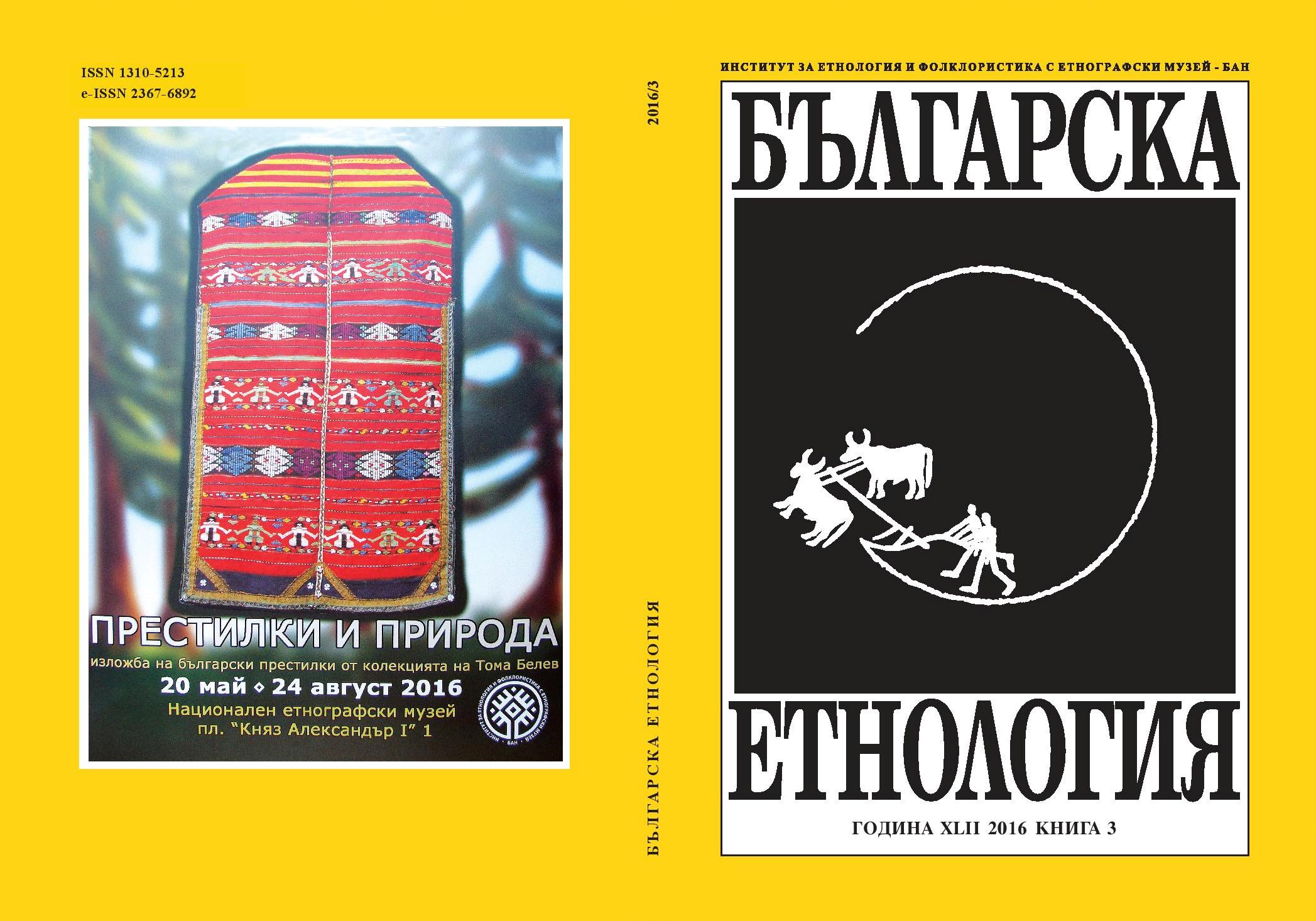
In the last decades, despite some pessimistic prognoses, shamanism is experiencingrevival. In the course of this process, shamans are adapting their practices to theclients’ expectations and new profile; as a result their own traditional view of theБългарска етнология, world is undergoing significant changes. One of the newly-emerged features ofcontemporary shamanism in Buryatia is dividing the inhabitants of the sacred worldinto „prestigious“ and „non-prestigious“ and offering them gifts corresponding tothis new status, all this with the active participation of the shamans themselves. Thearticle presents such practice which the author observed and assumes that there is alsoa process of transmission of respective ideals and values in the sphere of the sacredworld.
More...
The Areca nut is one of the products found in South Asia, Southeast Asia, andSouthern China. In China, being an exotic product that can be grown only in tropicalclimate, the Areca nut used to be highly appreciated and considered as a precious giftamongst the nobles in the past, especially during the Tang and Song dynasties. Whilein Vietnam, throughout its history, the Areca nut, because of its inherent spiritualvalue, has been an indispensable object of sacrifice in Vietnamese ancestral worshipas well as their lifetime rituals such as weddings, funerals and during childbirth. Apartfrom being an essential offering in rituals and ceremonies, the Areca nut traditionallywas also a means of mobilizing Vietnamese people’s social interactions (includingcourting between young boys and young girls).After doing a short description on how the Areca nut was used as a gift and as asacrificial object respectively in China in the past and in Southeast Asia, this article,from a historical point of view and with the author’s first hand materials from herfieldwork in Vietnam, attempts to show and explain both why and how the Arecanut has been functioning as a core indispensable object in sacrifices as well as ritualsand also as a means of social interaction in Vietnam. Thus, the article emphasizesthe important role that the Areca nut plays in Vietnamese people’s spiritual life andculture.
More...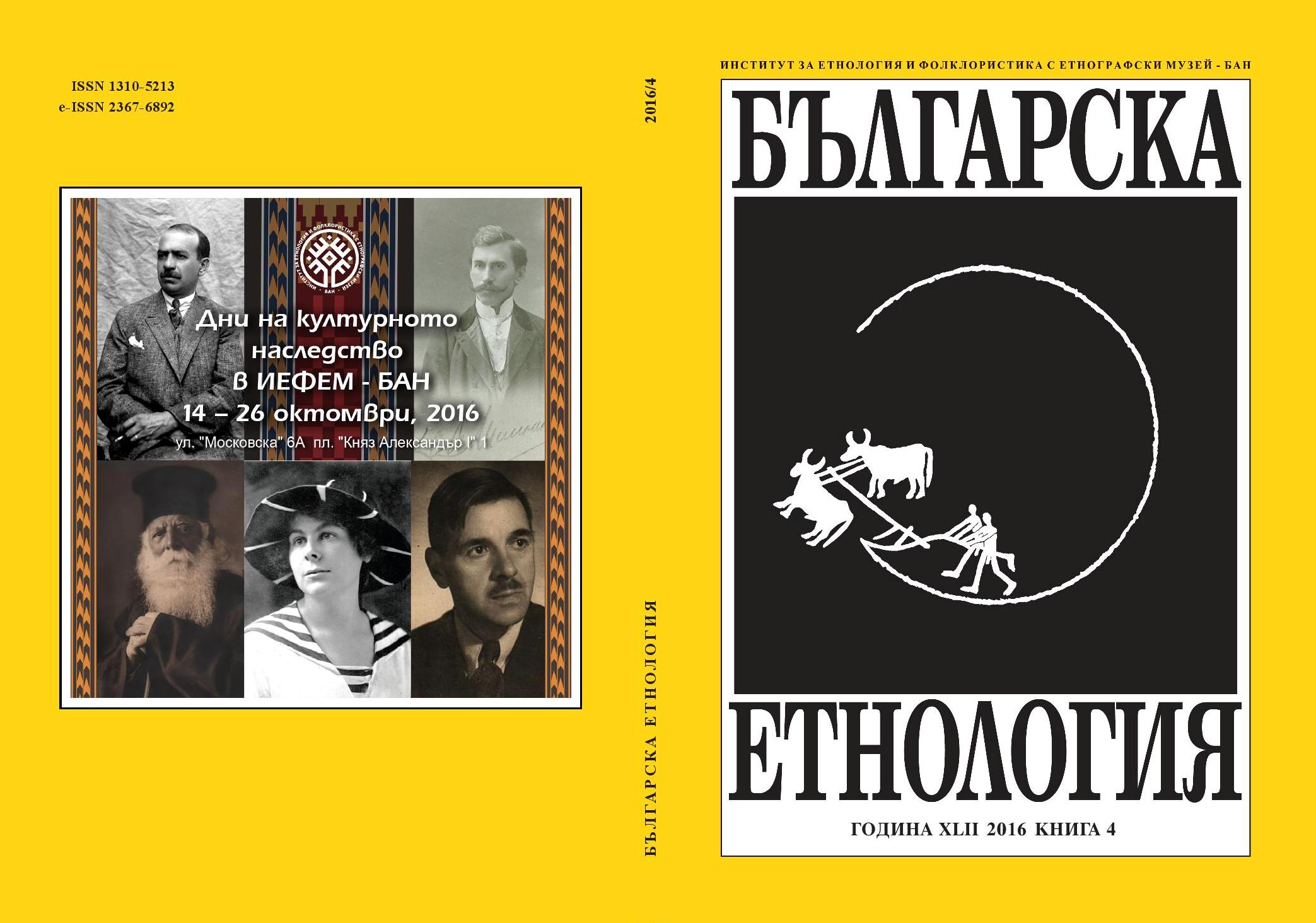
The article analyses the process of choosing different strategies of identification bythe Bulgarians in Ukraine. The present state of the “identification processes” againstthe background of the “war of memory” and the “invented traditions” places themamong the priority problems of science and politics.The subject of analysis are the specifics of the formation of collective memorywhich are at the root of the choice of identification strategy: commemorative practices,mechanisms for memorialization of the past, the correlation between the localgroup history and the national strategies of Bulgaria and Ukraine. The conclusionis that the choice of identification behaviour is influenced by the efficiency of thesocial adaptation under the specific historical circumstances. The social resources atdisposal of the group in any particular moment influence the choice of vectors of thecollective memory and predetermine the formation of defensive practices aiming topreserve the group.
More...
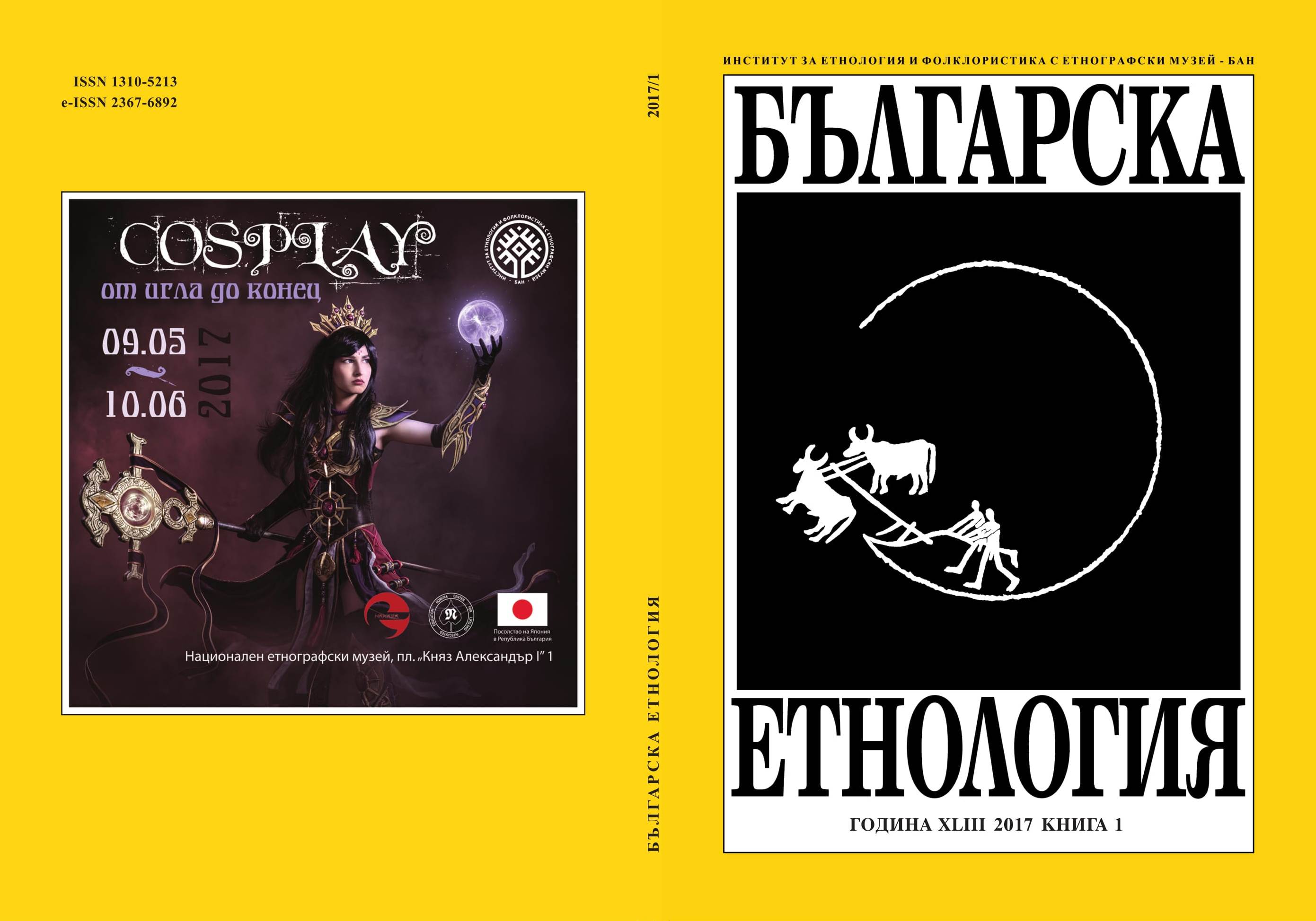
According to Wahrig Deustsches Woerterbuch the concept of the “road” refers to a place which you have to walk in order to obtain your wish, to change some life situation in a positive or negative way; there the desired result of the act is achieved. Therefore, in our traditional culture the road is the place where people most often perform all sorts of magical actions including “white” and “black” magic. The crossroad has the same meaning; in a sense, it outlines the model of the horizontal division of the world which finds expression in four main directions – east, west, north, south. The article shows some of the most common “white” magical actions which aim at positive results – mostly various healing practices against diseases such as “gorska mayka” and “vankashna bolest” as well as customs dedicated to the mythical master-guardian of the village such as “Kokosha cherkva” and customs against drought. The article also examines some “black” magical actions aiming at doing harm: “binding” of newlyweds, stealing the milk of somebody else’s cows.
More...
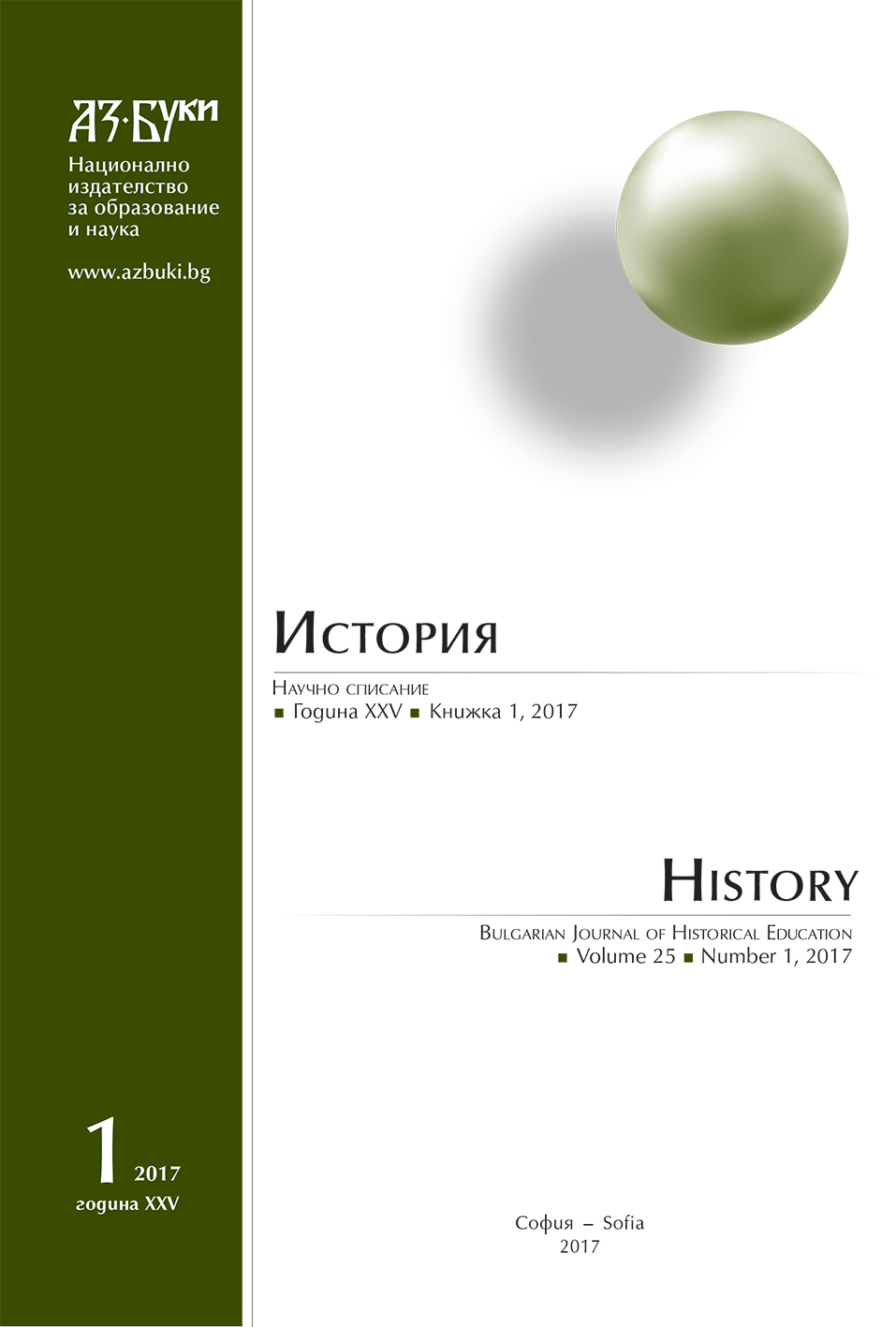
This article aims to trace the migratory movements of Bulgarian population from the Western Outlands to Bulgaria from the Spring of 1941, when as a result of the accession of Bulgaria to the Tripartite Pact, the country regain some of the ethnic Bulgarian territories lost during the Balkan wars (1912 – 1913) and World War I (1915 – 1918). The main factors that determine the migration process are outlined: economic and financial difficulties; voluntary labor migrations; forced economic mobilization and others
More...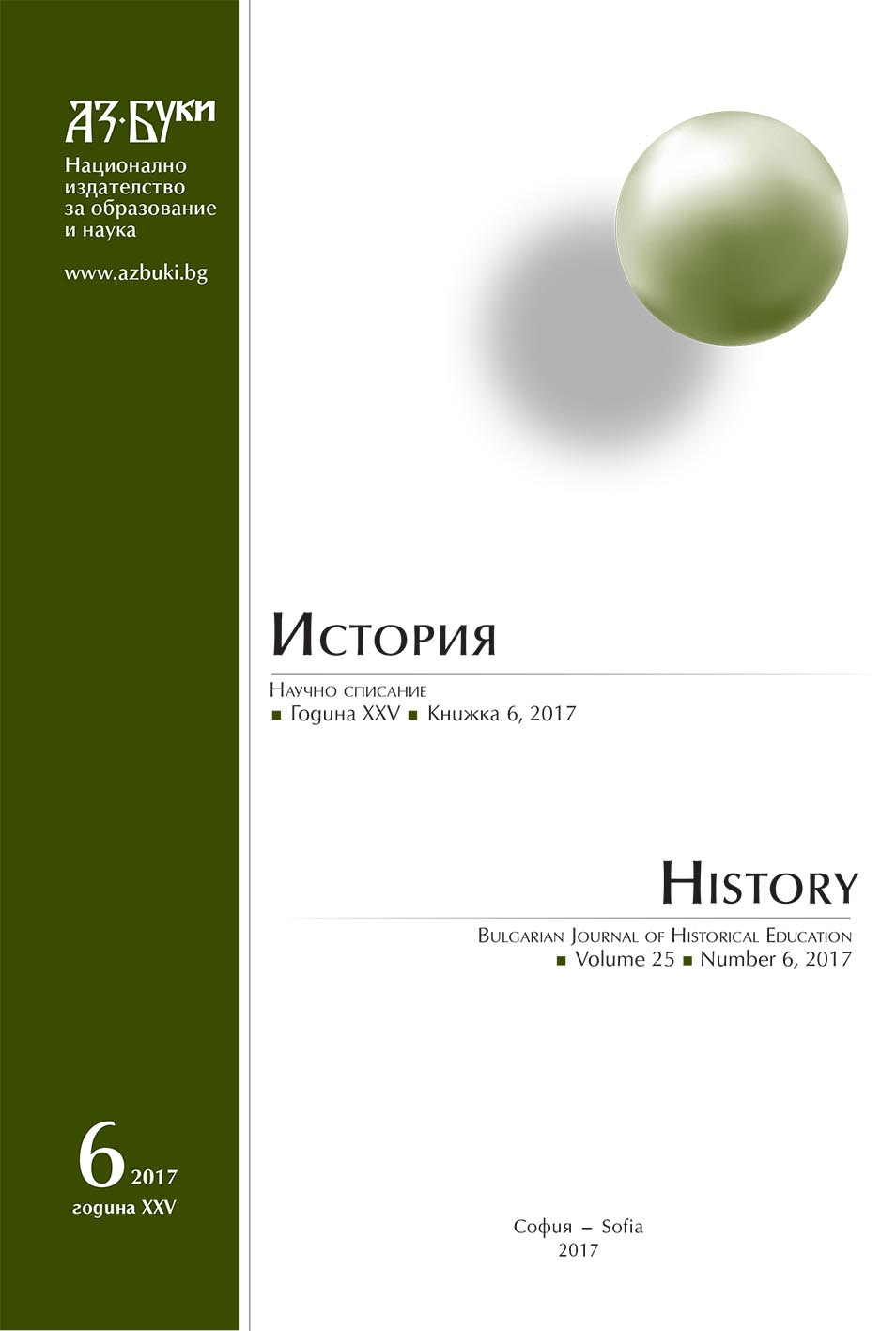
The study examines the contributing moments in the scientific work of Assoc. Prof. Vesselin Tepavicharov, DSc., concerning the approaches developed and approached by him for education in a multiethnic environment. Data from a survey conducted in educational institutions in the municipality of Straldja are analyzed.
More...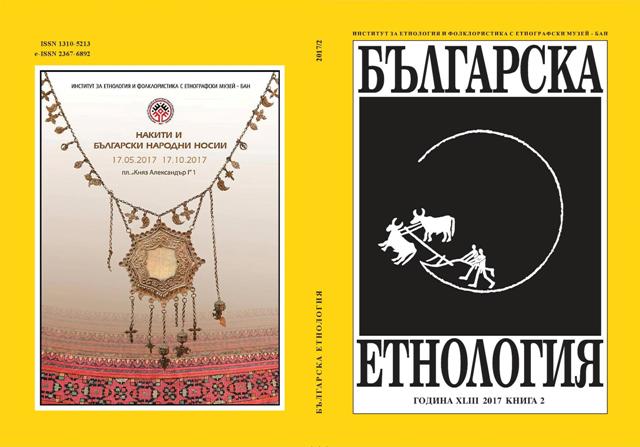
In the last years, the “Roma topic” attracts an increasing interest and takes a fopemost place in the public sphere of united Europe; hence, the Roma policies become a significant challenge on national and European level. Before analyzing the contemporary political discourses about the integration and the social inclusion of Roma, however, it is obligatory to know very well the previously existing state policies toward the Gypsies from the time of their arrival in Europe in the Middle Ages until today. Since a great number of the Roma population continues to live in the countries of Eastern Europe, the policies of the states which formed the “socialist camp” after World War II are very important. The analysis of the existing main political discourses about the Gypsies/Roma (and mostly of their results) should be the basis for the analysis of the contemporary national and European discourses about the Roma policies. Based on this, the achievements and the failures of those policies may find explanation and some prognoses about their results (or the lack of such) could be made.
More...
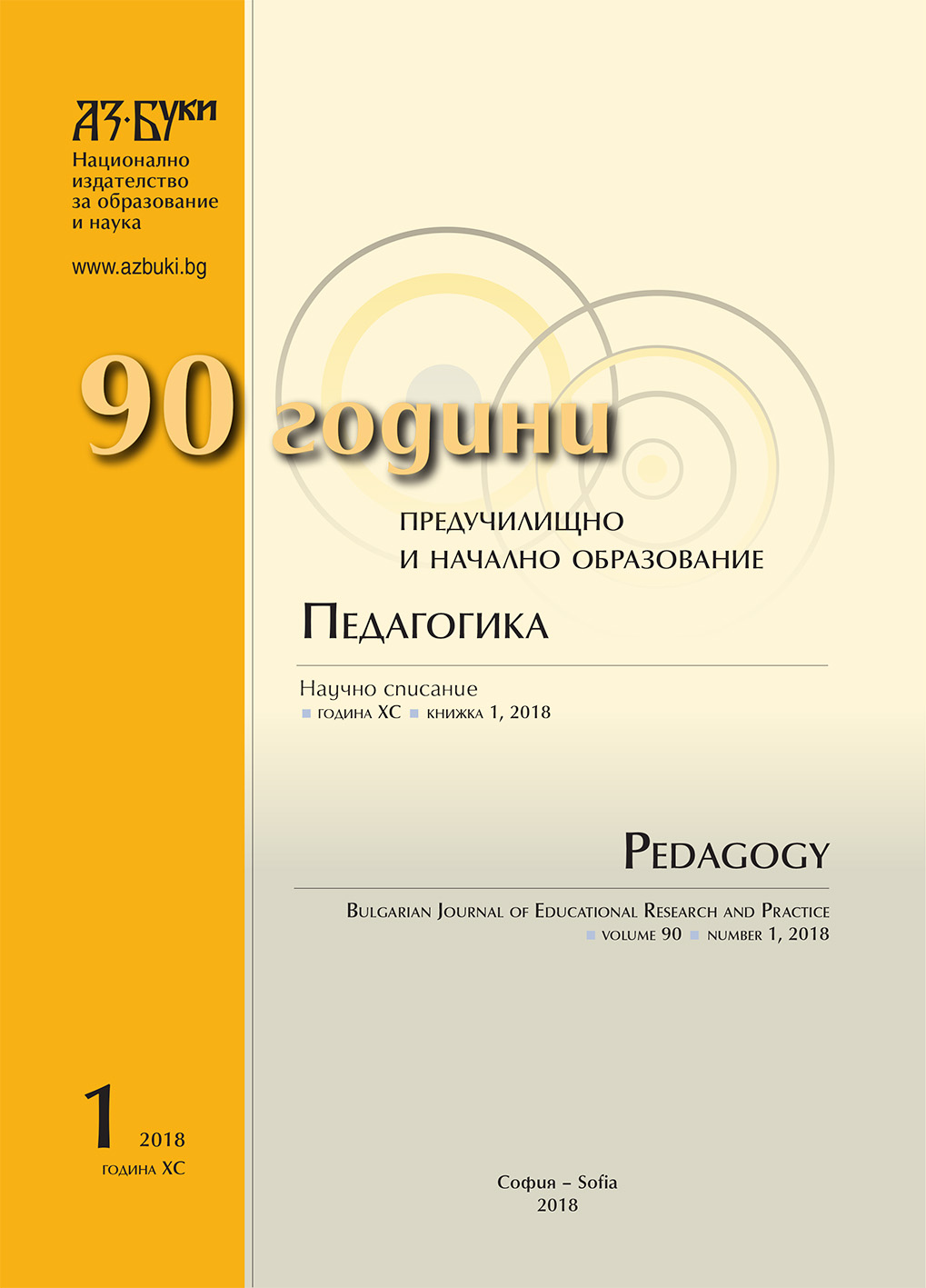
Тhis study aims to present the results of the pilot evaluation of the training system application. The aims is to inform PE teachers and coaches on identifying underlying problems of discrimination, racism and violence, train them on innovative approaches for preventing these phenomena and provide them with educational tools. The training platform is composed by 6 modules that work to prevent incidents of violence, racism and discrimination in sport. The evaluation is done through questionnaires-interviews to 30 mentors. The conducted surveys revealed that the game and the comic present the main messages and mechanisms for tackling incidents of discrimination in sport in an interesting and attractive way. Another key point of the training process has been the self-reflection in relation to the practice carried out by the trainees, as well as the participation and interest that they showed along the entire formation process. The modules in the e-training platform present good practices, documents and programmes in a very accessible and interesting way. They are directed towards development of teachers and coaches’ skills for dealing with accidents of discrimination and violence in informal education in partnership with colleagues, students, parents and specialists in the field of grassroots sports.
More...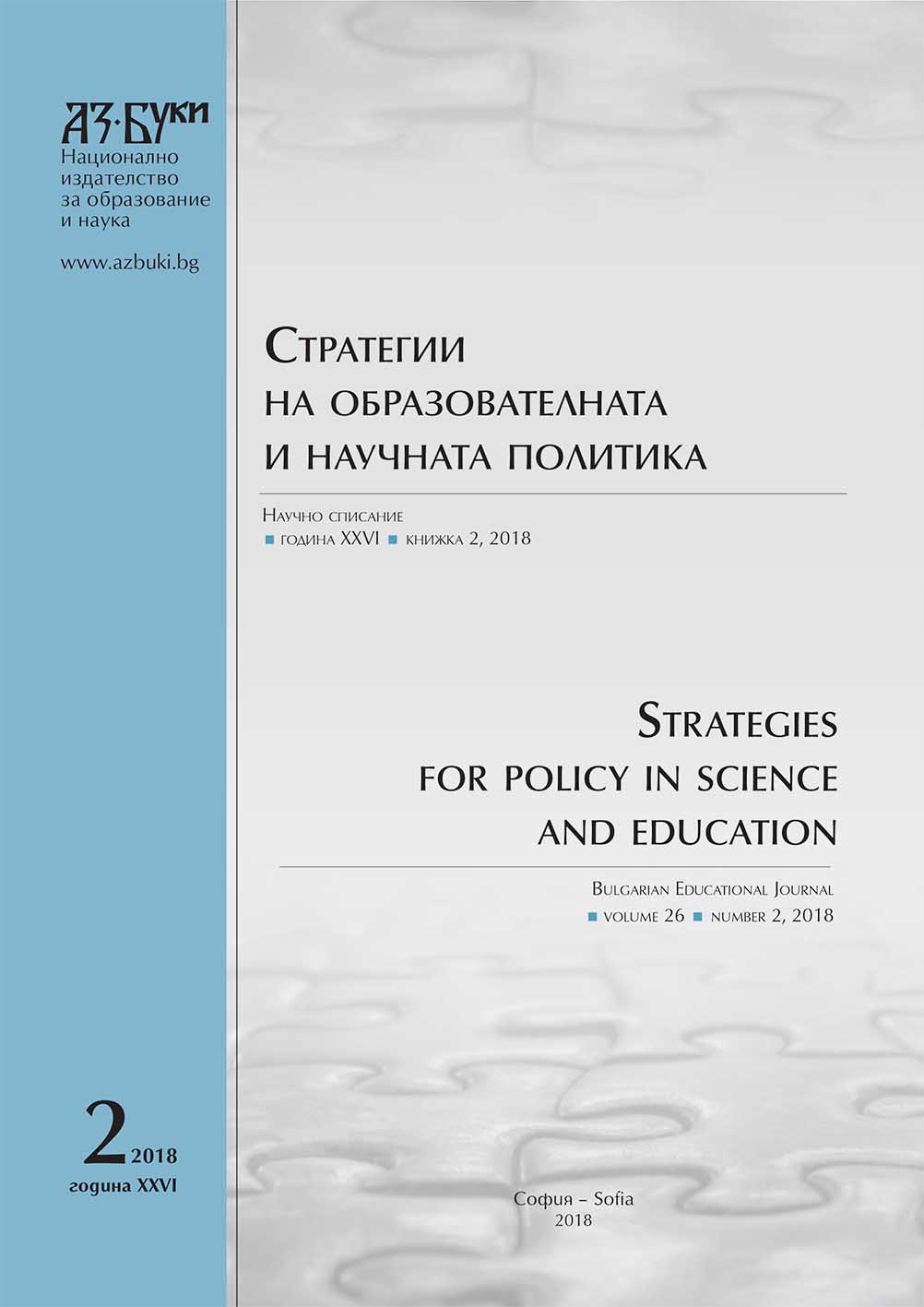
The research is historical and pedagogical of its kind; it seeks sources and aims to differentiate major trends in the development of the library education of the ethnical minorities in Bulgaria over the period 1944 – 1956. It is a first attempt for researching the contents and the forms of library education of ethnical minorities within a certain period of history. It is completely based on historical sources and enactments. The extracted positive practices and approaches are valuable experience of the contemporary education policy on integration and desegregation of ethnical minorities in one of the types of the extra-school, informal education – the library education which is inseparably involved in the Bulgarian education tradition with its 160-year history.
More...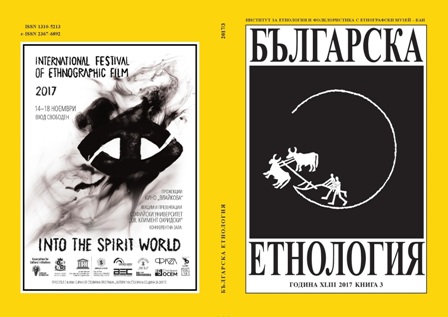
This research deals with two topics concerning mixed parentage rearing practices in Bulgaria. On the one hand, it is the naming the offspring with regard to the name giver(s) and principles of name-choosing, deriving from parent(s)’ cultural heritage and affected (or not) by the living-in social environment. On the other hand, there is the matter of the non-Bulgarian language acquisition, whose development is a question of micro managing of each of the families (and in many cases of each of the partners). Parents’ decisions, regarding these topics, set the manner in which others look at the mixed offspring, as well as how the children accept themselves as bearers of two cultural backgrounds.
More...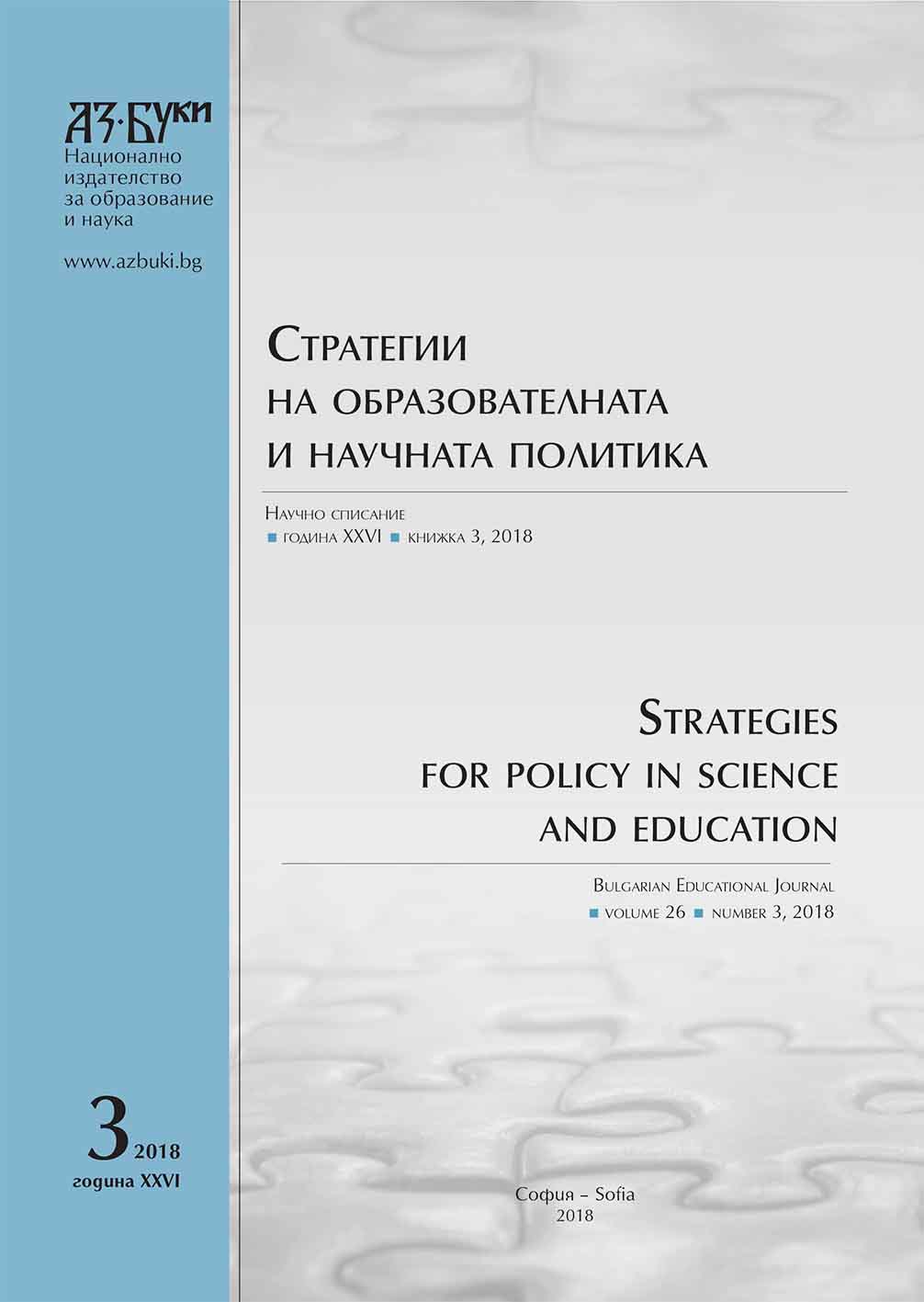
The methodology of this scientific research is based on the combination of the historical, normative, teleological, systemic, formally logical and comparatively legal method of analysis. Taking into consideration the peculiarities of the integration process and the legal system created for its needs, the system and the teleological method are of decisive importance in the studyThe interdisciplinary nature of the subject requires the use of a wide range of techniques and methods from the theoretical field of law, philosophy, politics, sociology, such as analysis, systematisation, classification etc.
More...